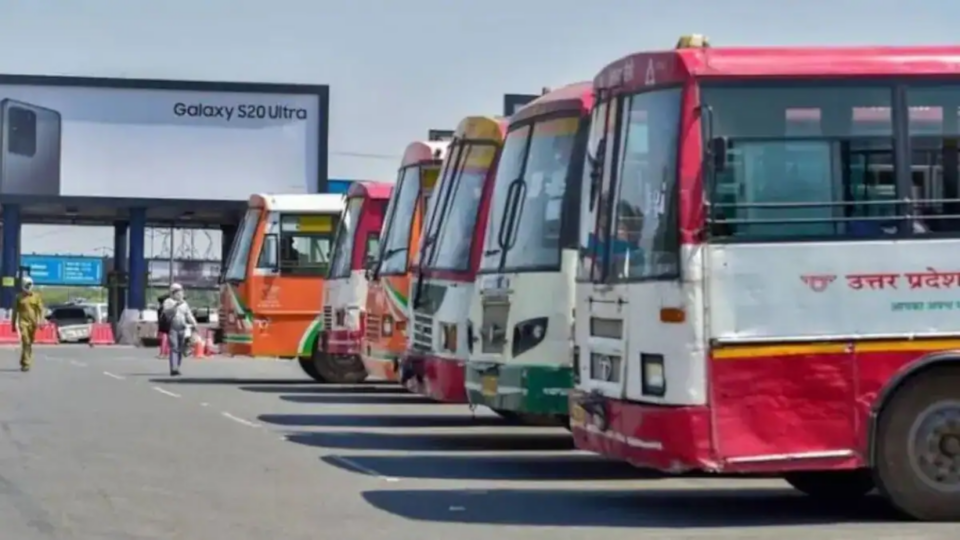
Empowering Local To Global With One Station One Product Scheme
With more than 700 One Station One Product (OSOP) stores, the Ministry of Railways has covered all 728 railway stations in the nation. The step is taken to support the ‘Vocal for Local’ goal and offer a market for the sale of indigenous or local goods. This will also help the region’s economic development and provide employment for the society’s minority class.
On March 25, 2022, the OSOP scheme’s pilot phase began. 785 outlets had been established as of May 1st, 2023, in 728 stations throughout 21 states and 3 Union Territories (UTs). The National Design Institute created the OSOP stalls with consistency in mind.
One station one product (OSOP)
The “One Station One Product” campaign is unique to the area in question where the stores have been set up. It comprises artifacts created and made by the local tribal people, handlooms produced by regional weavers, handicrafts including well-known wood carving, zari-zardozi clothing designs, spices, tea, and other locally produced processed/semi-processed foods. According to the “One Station One Product,” scheme each qualifying candidate receives their allotment in turn.
Products Included Under the One Station One Product Scheme
- Food items (Seasonal Or Processed or semi-processed foods)
- Handicrafts
- Artifacts
- Textiles
- Handlooms
- Traditional Garments
- Local agricultural produce
- Local toys
- Leather products
- Local Gems and Jewellery
A variety of Assamese Pitha, Traditional Rajbongshi Dress, Jhapi, Local Textile, and Jute Products like Caps, Gamocha, and Dolls are offered on OSOP Stalls in the country’s North Eastern region. Dry Fruits, Kashmiri Kahwa, and Kashmiri Girda are well-known in Jammu & Kashmir and will be offered at Jammu & Kashmir station. Passengers are noticing the cashew goods, spices, and Chinnalapatti Handloom Sarees in South India. Embroidery and Zari Zardozi, Coconut Halva, locally grown fruits, processed meals, and Bandhani are well-known in the western section of the country.



